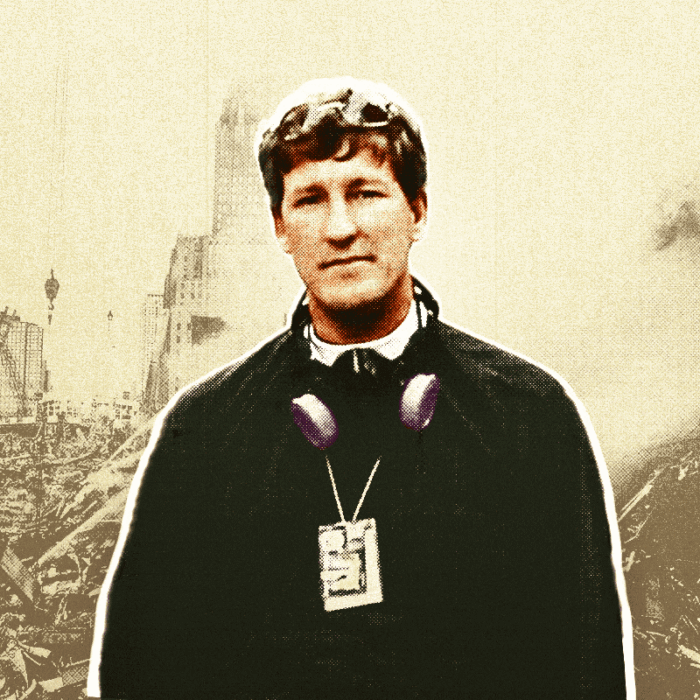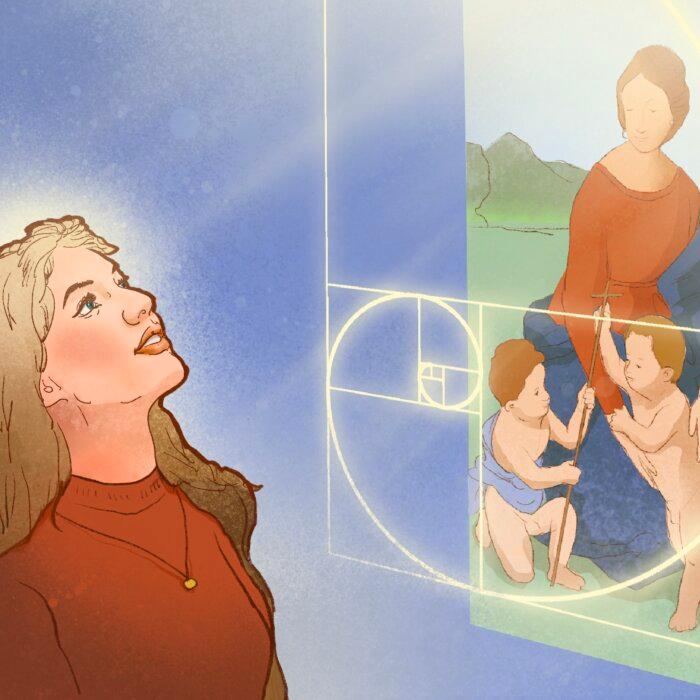As a young man, Benjamin Franklin rejoiced in debating with others. Well-honed in the skill, he took great pride in his victories. Even when he was technically wrong, he was always rhetorically correct. As he matured, he realized those triumphs came at the cost of alienation and animosity.
Reflecting on his prideful whims, Franklin wrote in his autobiography, “I determined, endeavoring to cure myself, if I could, of this vice or folly.” His breakthrough came through following a simple maxim: “Imitate Jesus and Socrates.”
Franklin endeavored to embody the humility of Jesus and Socrates. By softening his language with phrases such as “it appears to me,” Franklin turned his interlocutors, including those who were enemies, into friends. His change in demeanor created the diplomatic genius history now celebrates.
Embracing Uncertainty
Humility begins with an honest recognition of one’s limitations—both in ability and knowledge. It involves an accurate view of oneself, free from self-inflation or false modesty.Most of us fail at this basic self-assessment.
Such overconfidence isn’t exclusive to the bold or prideful—it’s human nature, said Mark Leary, psychology and neuroscience professor at Duke University, who researches humility. Accordingly, we need to adapt and adjust to it. It begins by acknowledging—like Socrates—that, “I know that I know nothing.” Psychologists call this awareness of one’s own fallibility “intellectual humility.”
“Intellectual humility is simply recognizing that everything you believe may not be certain or true,” Leary told The Epoch Times, pointing out that while this realization may initially sting, it opens doors to an unparalleled potential to learn, improve, and succeed.
The researchers then turned their investigation to the real world. They measured high schoolers’ intellectual humility and observed how they reacted to their math test scores. Students with higher intellectual humility demonstrated grit and a growth mindset, expressing: “For my next test, I will try to determine what I don’t understand well.”
On the contrary, students lacking intellectual humility succumbed to helplessness, agreeing to statements such as: “give up studying” and even “try to cheat.”
Mancuso breaks down the simple mechanism: “If you’re willing to admit to yourself and to others what you don’t know, then you’re also more likely to absorb and take in new information.”
Humility Outperforms IQ
The role of humility in academic achievement is relatively self-explanatory. What about humility in the workplace?The study found that humility predicted better performance than mental ability and conscientiousness. Notably, high humility could compensate for low mental ability. Those with lower cognitive ability but high humility achieved performance scores comparable to, and in some cases better than, those with higher mental ability but low humility.

The researchers stated that the “compensatory effect” of humility can be attributed to the open willingness to learn and grow from mistakes.
What about those in leadership positions? Leaders are often touted as confident and vision-driven. Wouldn’t humility be a disadvantage in roles where projecting certainty is expected?
The Inconspicuous Leaders
Jim Collins, researcher and business consultant, and his team dug through nearly 1,500 companies, looking for patterns that could explain why only a handful ever make the leap from average to extraordinary. Collins wrote his findings in his best-selling book “Good to Great.”After combing through decades of data, the team found just 11 companies that met their criteria. These companies weren’t startups or lucky tech giants. They were companies such as Walgreens, Kimberly-Clark, and Nucor—industries that had quietly outperformed the likes of Coca-Cola, Intel, and General Electric.
The team turned their sights upwards and analyzed the leaders of these companies.
Every single one of these “great” companies had a leader with a rare and paradoxical blend: outstanding personal humility and fierce professional will.
Collins called them level 5 leaders.
Level 5 leaders are the rarest kind. Like other managers, they are effective in organizing people and resources to meet goals. The sole difference is that they shun the spotlight and deflect credit to others—they are humble.
When pressed to talk about themselves, they said things such as: “I don’t think I can take much credit. We were blessed with marvelous people.”
When things went wrong, they took full responsibility. When things went right, they pointed out the window—never in the mirror.
What stimulated the remarkable outcomes?
When given the choice, participants consistently preferred working alongside less experienced but humble colleagues rather than highly skilled but arrogant ones.
By contrast, of the hundreds of companies Collins studied, many that were identified as “failures” had high-profile, celebrity-style CEOs—leaders who built their own legacies but not necessarily their company’s future.
Behind the Spotlight
Perhaps the true test of humility isn’t found in boardrooms or classrooms, but in our most intimate circles—where no stockholders are watching and no corporate legacies hang in the balance. It’s in these everyday moments that humility should blossom from one’s heart.For Leary, a lesson in humility emerged during a typical evening with his two sons, who were around 12 and 8 years old. He recalled finding himself in a common standoff: It was bedtime, but the kids didn’t want to turn off the TV. “I was in this parenting mode a lot of parents have,” Leary said. “They object, and you say, ‘I told you to turn it off.’”
His sons sometimes pointed out that the show had just five minutes left, and they could finish it, and Leary began to question whether his insistence was necessary.
So, he changed his approach.
“I sat them down and said, ‘From now on, if you think I’m telling you the wrong thing, you get one chance to object. Tell me why you think you shouldn’t have to do it. I’ll listen. I might still say no, but I might change my mind.”
To his surprise, he did change his mind—about 20 percent of the time.
Leary’s approach reduced household conflict and modeled for his children that being in charge doesn’t mean being infallible. “It showed them that it’s OK to admit you’re wrong sometimes,” Leary said.
Humble people are more likely to engage with opposing perspectives and are “more likely to actually hear what the other side has to say,” Mancuso said.
On the other hand, Leary added, “To live with somebody who is convinced that they’re always right about stuff really creates an awful lot of disagreement.”
Never Too Much
“You will never err in the direction of too much intellectual humility,” Leary advised. “Even the most intellectually humble people are still more sure of themselves than they probably should be.”Assuming that you might be wrong offers a buffer. “Your track record as a human being is you’ve been wrong a hell of a lot,” Leary said. During conflicts, he suggests asking: “Am I sure I’m right? Do I have all the relevant information? Is my information biased?”
Mancuso sums it up: “If you have no awareness that you could be wrong, then you’re closing the door to getting closer to the truth.”
“Pride is the barrier, and humility is the pathway.”










